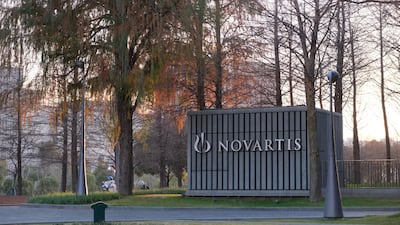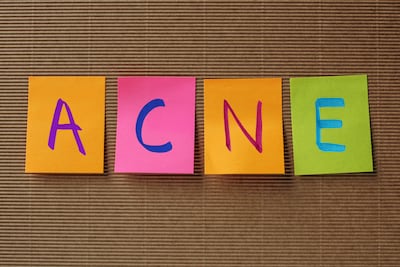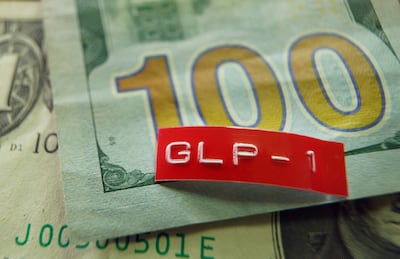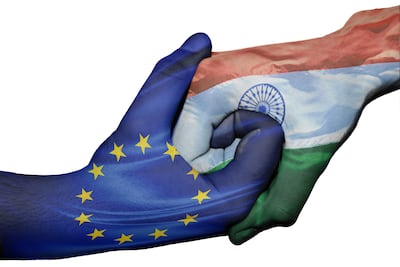Focus On Asia
The Novartis CEO believes the west has much to learn, especially in terms of clinical trial regulations and enrolment.
Henlius planning Japanese NDA by end of March 2027 for ES-SCLC and development in several other indications.
Everest Medicine obtains selected commercialization rights to first-in-class, Phase III stage bispecific peptide MT1013 from Shanxi Micot Technology at home. A trial for secondary hyperparathyroidism is due to be completed by year-end in China.
Among the Chinese AI firms raising new funding, Deep Intelligent Pharma has bagged a total of $110m in two rounds of funding since last December, while Levinthal, OxTium and Aureka have also closed new investment rounds.
SK bioscience jumps into RSV preventive antibody space through new Gates alliance.
India’s budget backs plans to scale production of biologics and biosimilars, shore up its clinical trials network and strengthen the regulatory framework. Customs duty exemptions given to several big pharma therapies, including those of Novartis and Takeda.
Strides Pharma aims for higher revenues from Canada and other ex-US markets while waiting for controlled substances to ramp up gradually under the leadership of ex-Apotex CEO Peter Hardwick. However, a cut in US funding for the Global Fund is hurting the company and its competitors.
Sunshine Pharma plans to invest at least $14m to set up a joint venture with fellow Chinese firm XtalPi, with goals including the discovery and development of novel molecules for autoimmune disorders.
PharmAbcine founder shares views on current lack of post-delisting protections for technology companies in South Korea, proposing special regulations to safeguard expertise and assets for a certain period.
Sun’s founder reinforces the firm’s M&A strategy, indicating that it is "comfortable raising debt" if required, but shares no specific comment on the speculated interest in Organon. The Indian company also has "sufficient supplies" to meet demand for generic semaglutide in India post LoE.
Huge opportunities for OTC therapies loom in India, as consumerization brings structural reset in healthcare, as per a new report by EY-Parthenon. Success stories on Rx-to-OTC transition augur well for pharma, but a predictable regulatory roadmap will be pivotal for sustainable growth.
Following the recent acceptance of a China NDA for first-in-class drug denifanstat for acne in China, Ascletis has announced positive topline results from an open-label Phase III trial focusing on the product’s long-term safety.
UK major will bag CSPC’s eight preclinical drug candidates in weight management, including most advanced asset SYH2082, a long-acting GLP-1/GIP receptor agonist with once-monthly dosing potential.
Plus deals involving Insilico/Qilu, Insilico/Hygtia, AstraZeneca/AbelZeta, Alteogen/Tesaro, Ellipses/Innolake and more.
From a biofoundry network and pharma industry backed AI research organization to a small-molecule repurposed drug in Duchenne’s muscular dystrophy, experts discuss a number of advances underway as India seeks to move up the innovation ladder.
Conclusion of India-EU talks sets ground for a free trade agreement to cut pharma tariffs, in turn lowering the cost for novel drugs like Novo’s obesity treatment Wegovy, though an investment protection agreement – likely influencing data exclusivity – will be concluded later.
US priority review for Japanese firm's first-in-class ADHD drug could result in approval of a new option this year.
Multiple Chinese biotechs are seeking to raise new funds through IPOs on the Hong Kong and Beijing stock exchanges to support international clinical trials for their first-in-class molecules.
While several companies await regulatory approval decisions on their cell therapies in Japan, BioCardia proceeds with discussions on an NDA filing and Innovacel readies an IPO.
Lanreotide supply issues cloud Cipla’s Q3 FY26 earnings, with impact seen in Q4 as well, though pipeline assets augur well for US growth continuity. Perpetual rights to Novartis’s Galvus effective Jan 1, seen adding momentum to India diabetes gains.




















